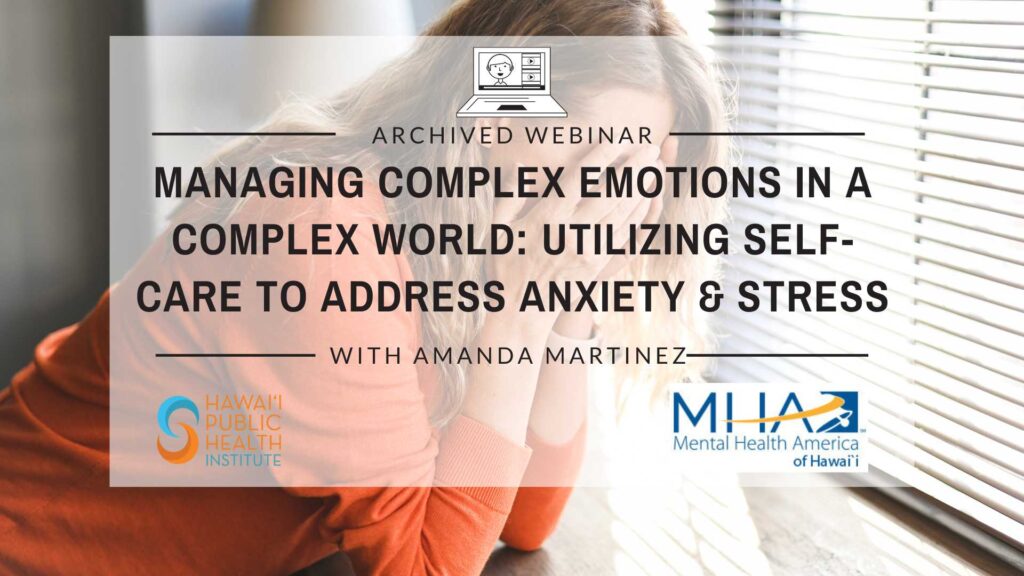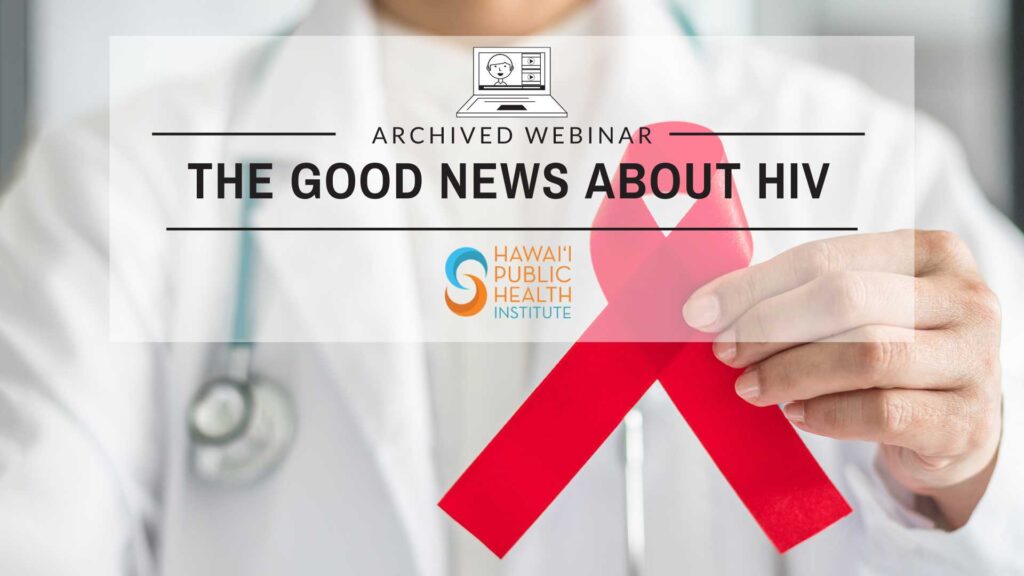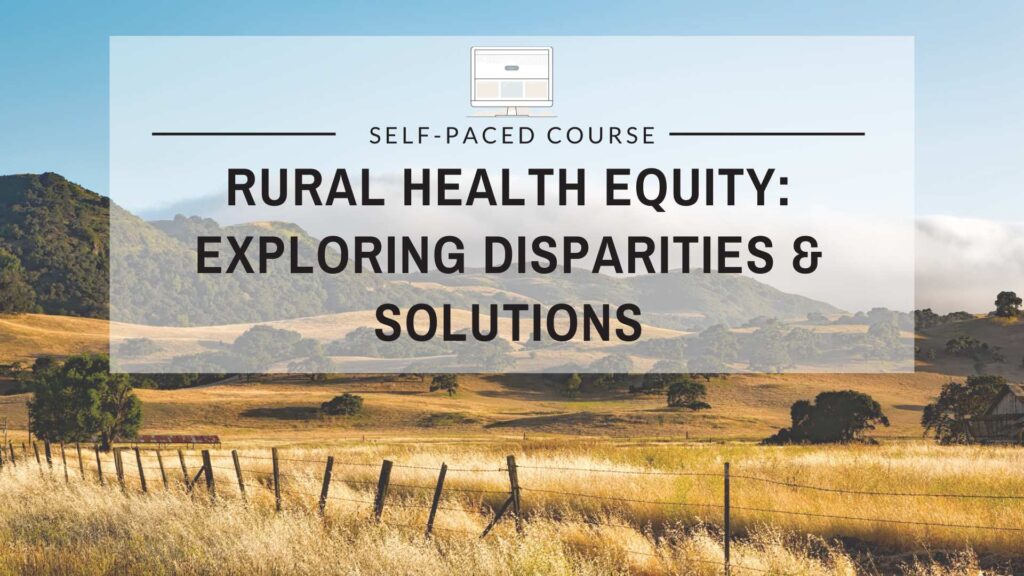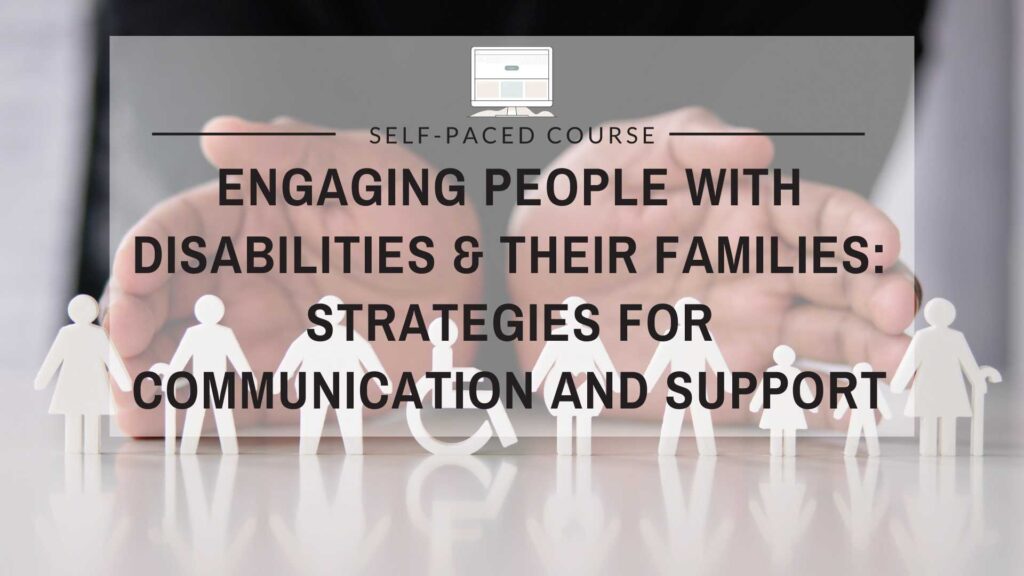Review statistics and aspects of grief, impact on self-care, and healing tips. Learn how to support someone through loss and identify available community resources.
Learning Objectives:
By the end of this training learners will be able to:
- Review the statistics on grief.
- Define the different aspects of grief and the impact it has on self.
- Identify helpful self-care and healing tips.
- Learn how to support someone who is healing.
- Review crisis resources available to the community.
Format: Recorded webinar
Duration: ~90 minutes
Presented by: Amanda Martinez, MPH, Mental Health America, Hawai'i
Target Audience: Public Health Professionals including community health workers, doctors, nurses, social workers, dietitians, and health educators.
Recorded on: 6/14/2024
Disclosures: The planners, reviewers, and authors have no declared conflicts of interest.
CE Available for recording:
- Continuing Education Contact Hours for Certified Health Education Specialists (CHES): This program is designated for Certified Health Education Specialists (CHES®) and/or Master Certified Health Education Specialists (MCHES®) to receive up to 1.5 total Category I continuing education contact hours (no continuing competency credits). WRPHTC provider number 99036.

The WRPHTC is a Designated Multiple Event Provider of Continuing Education Contact Hours (CECH) for Certified Health Education Specialists (CHES) through the National Commission for Health Education Credentialing, Inc.




















